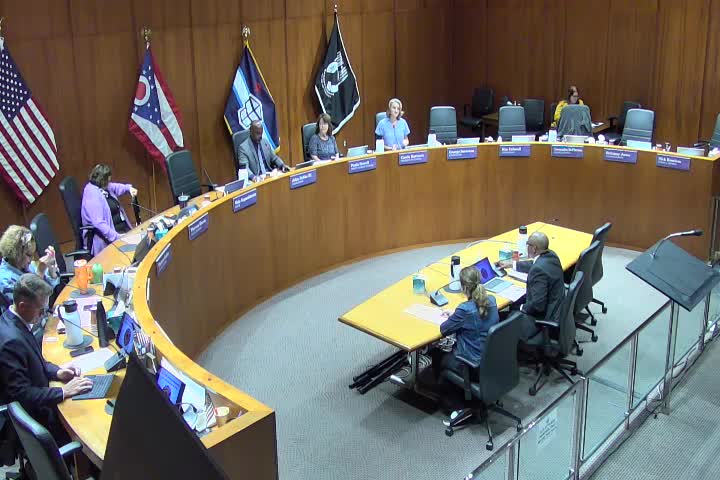Article not found
This article is no longer available. But don't worry—we've gathered other articles that discuss the same topic.
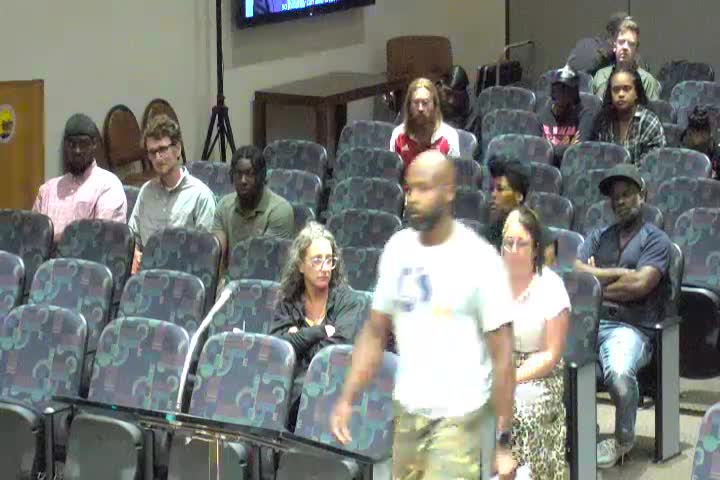
Owners, staff and council members question equity after Agenda Sports Bar closure
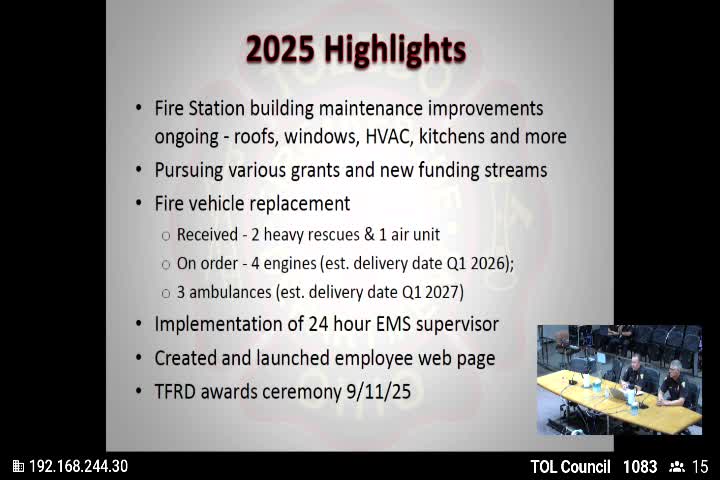
Toledo hearing draws divided testimony on kratom; health officials cite synthetic concentrates and coroner reports
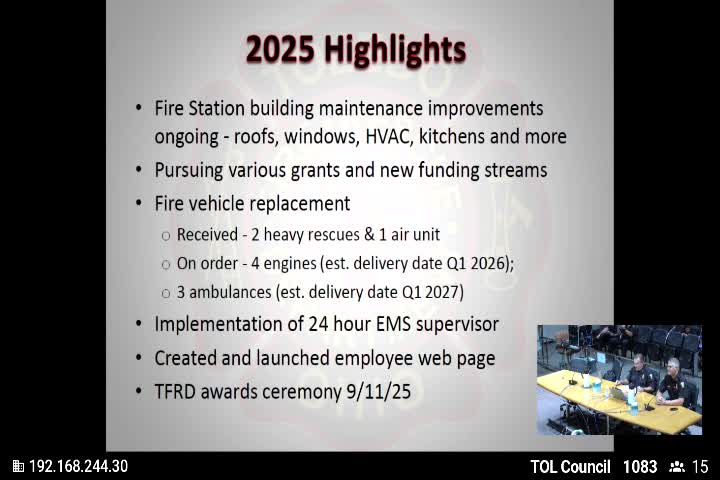
Toledo Police report declines in most crime categories, discuss north‑west substation moves and drone pilot
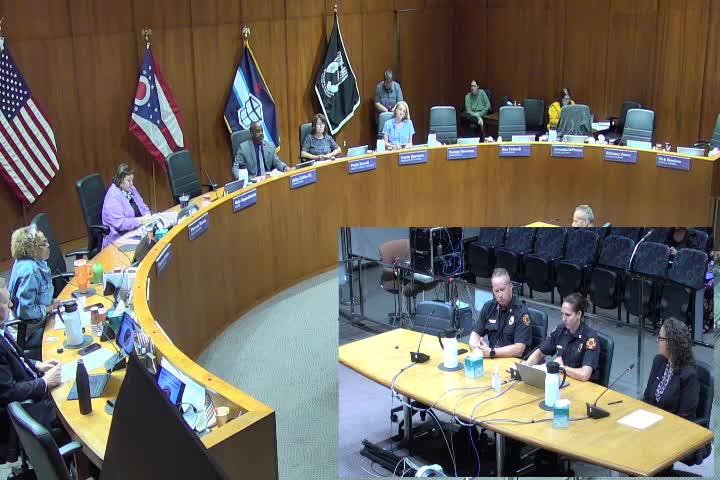
Toledo Fire & Rescue reports staffing shortfalls, rising transports and long apparatus lead times
